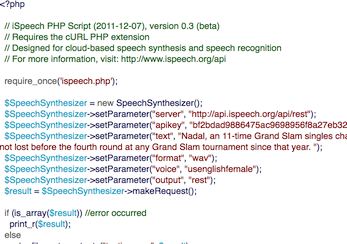The last time I attended a NYC Startup Weekend at General Assembly I found myself wedged against the wall near the kitchen serving area with just enough elbow room to jot down a few notes.
While it was less crowded on Sunday evening during the final presentations for this August SW—maybe something to do with the monsoon rains and flooded subways—the energy levels were still very high and it was great fun watching these raw but spirited pitches.
After a careful review of my notes, I’ve come up with my list of favorites: LockeRoom, ReadBak, OinkerBox, Walkey.me and Sharewith911.
This time around I was in partial sync with the judges’ choices: Sharewith911 garnered a first, and ReadBak took second place.Continue reading





